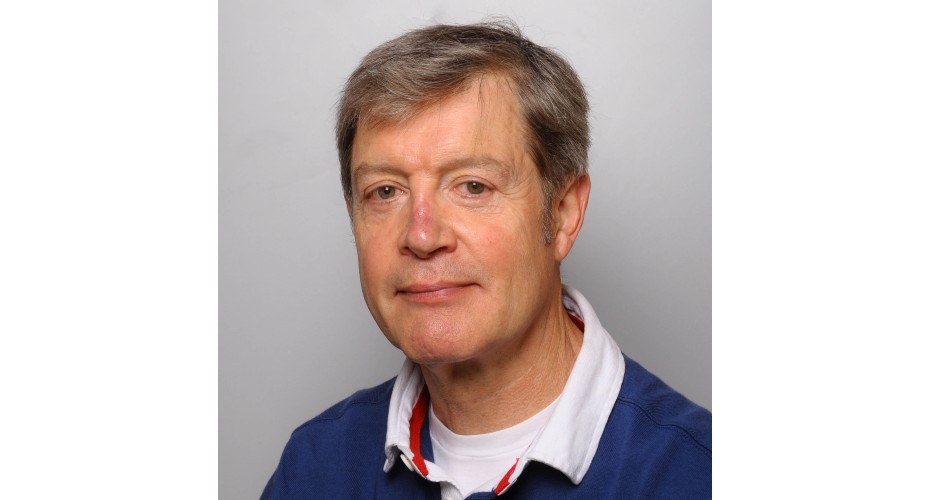Exeter Astrophysicist awarded prestigious honour from the Royal Astronomical Society

Professor Gilles Chabrier has been awarded the Royal Astronomical Society’s Gold Medal.
One of the world’s leading experts on the celestial objects, brown dwarfs, has joined the likes of Albert Einstein, Edwin Hubble and Stephen Hawking in being awarded the Royal Astronomical Society’s Gold Medal.
Professor Gilles Chabrier, an Astrophysicist from the University of Exeter joins an illustrious list of luminaries in receiving the Society’s highest honour, which dates back 200 years.
Professor Chabrier, who is also from the Ecole Normale Superieure de Lyon, CNRS, received the Gold Medal in recognition of his outstanding contributions to stellar and planetary astrophysics, and to galactic astronomy.
His work has explored the nature of high density environments in white dwarf interiors, leading to the transformational Segretain-Chabrier phase diagram. By developing the Saumon-Chabrier-Van Horn equation-of-state, scientists are now better able to understand the prevailing conditions in the interior of low-mass stars, brown dwarfs, giant planets, and the envelopes of white dwarfs and neutron stars.
During his career, Professor Chabrier has made outstanding contributions to the understanding of the physics of astrophysical plasmas.
Within the field of Galactic astronomy, some of his most impactful work is the derivation of the Galactic stellar and substellar initial mass function (IMF), the Chabrier IMF, which has become the standard IMF reference in galactic astronomy. Use of this IMF led to the first accurate determination of the various contributions of stars, brown dwarfs and stellar remnants to the galactic mass budget.
Professor Chabrier described winning the Gold Medal – which recognises lifetime achievement – as the “culmination of my scientific career”.
He added: “It is a great honour for me to receive this prestigious award of the Royal Astronomical Society. Science has always been the dedication of my life. Receiving the Gold Medal of the RAS is a dream I would not have dared to dream when I decided to become a scientist.”
Each year the RAS recognises significant achievement in the fields of astronomy and geophysics through a number of awards, medals and prizes, encompassing different types of talent from research to education and outreach.
Past Gold Medal winners include Einstein, Hubble, Hawking and Arthur Eddington, who along with Einstein was one of the first physicists to understand the early ideas of relativity. English mathematician Charles Babbage and German astronomer Johann Franz Encke were jointly handed the first RAS Gold Medal exactly 200 years ago, in 1824.
The award announcements were made at the Ordinary Meeting of the Society held on Friday 12 January 2024.



